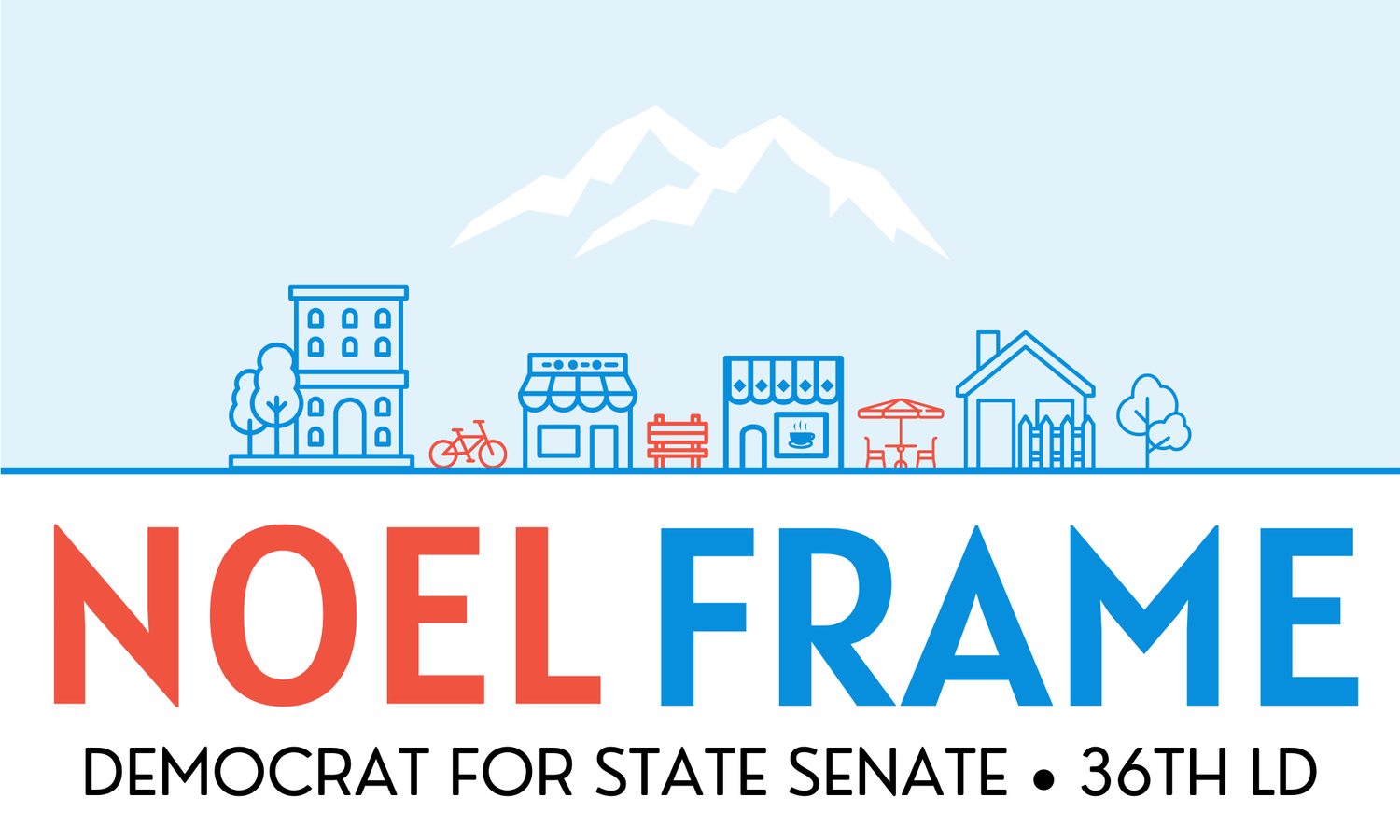Ferguson signs rent stabilization, suite of other housing proposals into Washington state law
By Helen Smith for King 5 • May 7, 2025
Rent stabilization and nine other housing proposals were signed into Washington state law on Wednesday.
SEATTLE — Gov. Bob Ferguson signed a suite of housing bills into Washington state law on Wednesday afternoon, including one that controls how much most landlords can raise the rent on their tenants year-over-year.
The rent stabilization proposal passed through the Legislature on the last weekend of the session following some back-and-forth between the two chambers about what should be included in the final edition of the bill. A committee of senators and representatives landed on an agreement that caps annual rent increases at 7% plus inflation, or 10%, whichever is less. The rent cap on manufactured homes is even lower, at 5%.
New construction will be exempted from the law for 12 years, and affordable housing managed by nonprofit organizations and public housing authorities is exempted altogether.
Supporters of this legislation say the law will provide relief for renters who are struggling to keep up with increases. Those in opposition worried the rent increase cap will run off developers who are interested in building new housing in Washington state.
There were nine other pieces of housing legislation that Ferguson signed on Wednesday, in addition to the rent stabilization proposal. Here's what they do:
HB 1106
This bill grants a property tax exemption to more disabled veterans.
Veterans are assigned a disability rating based on the severity of their service-connected condition. The rating is assigned as a percentage, which represents how a veteran's disability decreased their overall health and their ability to function.
In the previous version of Washington state law, disabled veterans had to have an evaluation rating percentage of 80 or over to qualify for the property tax relief. This new law allows veterans with a disability rating percentage of 40 to qualify for the exemption.
HB 1403
This bill aims to make condominiums more available by modifying some of the laws around their construction. Developers will be exempt from some warranty and inspection requirements and construction provisions.
HB 1516
This bill requires the Office of the Insurance Commissioner to conduct a study of insurance coverage options and approaches to reduce condominium construction defect liability for permanently affordable homeownership units.
HB 1757
This bill modifies regulations for existing buildings that are repurposed for residential housing.
The bill extends allowances for existing buildings to be used for residential purposes in commercial and mixed-use zones to existing buildings in residential zones. Cities are prohibited from requiring a change of use permit for the conversion of an existing building for a residential purpose. Portions of existing buildings that will be used for residential purposes will be exempt from State Energy Code requirements if certain conditions are met.
SB 5184
This bill prevents cities from enforcing a number of minimum parking requirements related to residential housing.
Prohibits cities and counties from requiring more than 0.5 parking spaces per residential dwelling unit
Prohibits cities and counties from requiring more than one parking space per 1,000 square feet of commercial space.
Prohibits cities and counties from requiring any minimum parking requirements for existing buildings undergoing change of use and various other categories of residential and commercial buildings.
Provides various exceptions to parking limitations, including for cities or code cities with a population of 20,000 or less.
SB 5298
This bill makes changes to the procedures that take place when the owner of a manufactured or mobile home park intends to put the property up for sale.
Previous legislation created a requirement that landlords would be required to provide a "Notice of Opportunity to Compete to Purchase" to their tenants, which would give them the chance to organize funds to buy the land their mobile or manufactured homes are on, versus selling to a private equity firm that may drastically increase the rent.
The bill's prime sponsor, Sen. Noel Frame, said this bill makes technical updates to the previous legislation based on lessons learned since it was passed.
SB 5313
This bill updates the list of provisions that are prohibited in residential rental agreements.
Landlords may not ask tenants to:
Waive or forgo any cause of action against a landlord, including a class action
Sign a nondisclosure agreement relating to the lease agreement or details of the offer, including rent amount, security deposits or fees, rent concessions, move-in gifts or lease specials or terms
Arbitrate disputes, unless the landlord pays the entire cost of the arbitration, and the agreement is notarized
SB 5529
This bill aimed to incentivize rentals to low-income households by exempting the value of accessory dwelling units from property taxes to more counties.
The exemption was previously allowed in counties with more than 1.5 million people. Now, counties between 900,000 and 1.5 million also qualify. The following restrictions apply:
The exemption applies only to detached units on the same real property
The county assessor may collect a fee from the taxpayer in an amount necessary to cover the costs of administering the exemption
The county assessor may determine what the property tax and penalties will be due, if any, in the case that the enacting legislative authority finds noncompliance by a taxpayer

